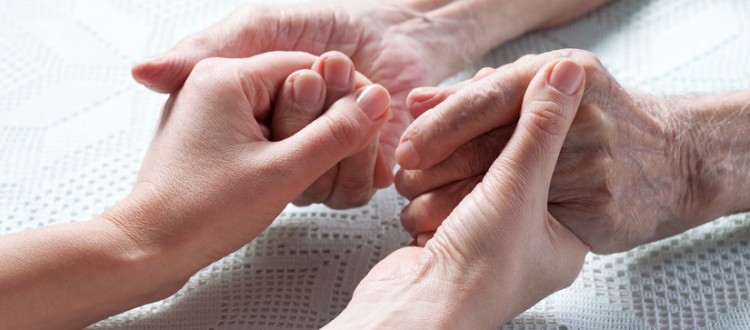New York City Program Takes Healthcare for the Homeless to the Streets
In situations where the homeless can’t get to the health services they need, a new program in New York City is trying a different approach: bringing health services directly to them on the streets.
The Center for Urban Community Services (CUCS) in New York has rolled out a new street medicine program with the help of a $400,000 grant from the City government. A team of nurses and social workers will take their medical supplies to areas where homeless populations tend to gather or where past patients are known to frequent in the hopes of delivering aid to about 200 people every year.
The range of services the nurses can provide outside a proper facility are limited, but they can address issues like high blood pressure, open wound injuries, diabetes, or dizziness, which is the second-most frequent complaint at traditional doctor’s offices and will affect 70% of the population at some point in their lives.
Though people struggling with chronic homelessness can often find free health care at clinics and shelters throughout the city, not all are comfortable approaching such facilities.
“In some cases they haven’t had good experiences in clinics, or they’re in denial that they even have medical issues,” explained Tony Hannigan, CUCS founder. “So a medical practitioner going out in the street can, through conversation, get them to start talking about their pain.”
Additionally, receiving help from a healthcare professional has made some people more receptive to help from other people, such as social workers.
“A person may not talk to a street outreach social worker, but in some cases they’ll talk to a medical professional, because they have pain or are not feeling well,” Hannigan said. “That, in turn, can be a pathway to the person trusting our outreach staff and engaging in other services, like psychiatric care, and of course, the end game, which is housing.”
Tracking down patients is not always easy, though.
“Sometimes we have to wait for someone to have a good day, when they’re feeling ready to talk with us,” said social worker Amelia Yankey. “Sometimes we have to wait for someone to be less intoxicated. But we’re just really persistent.”

